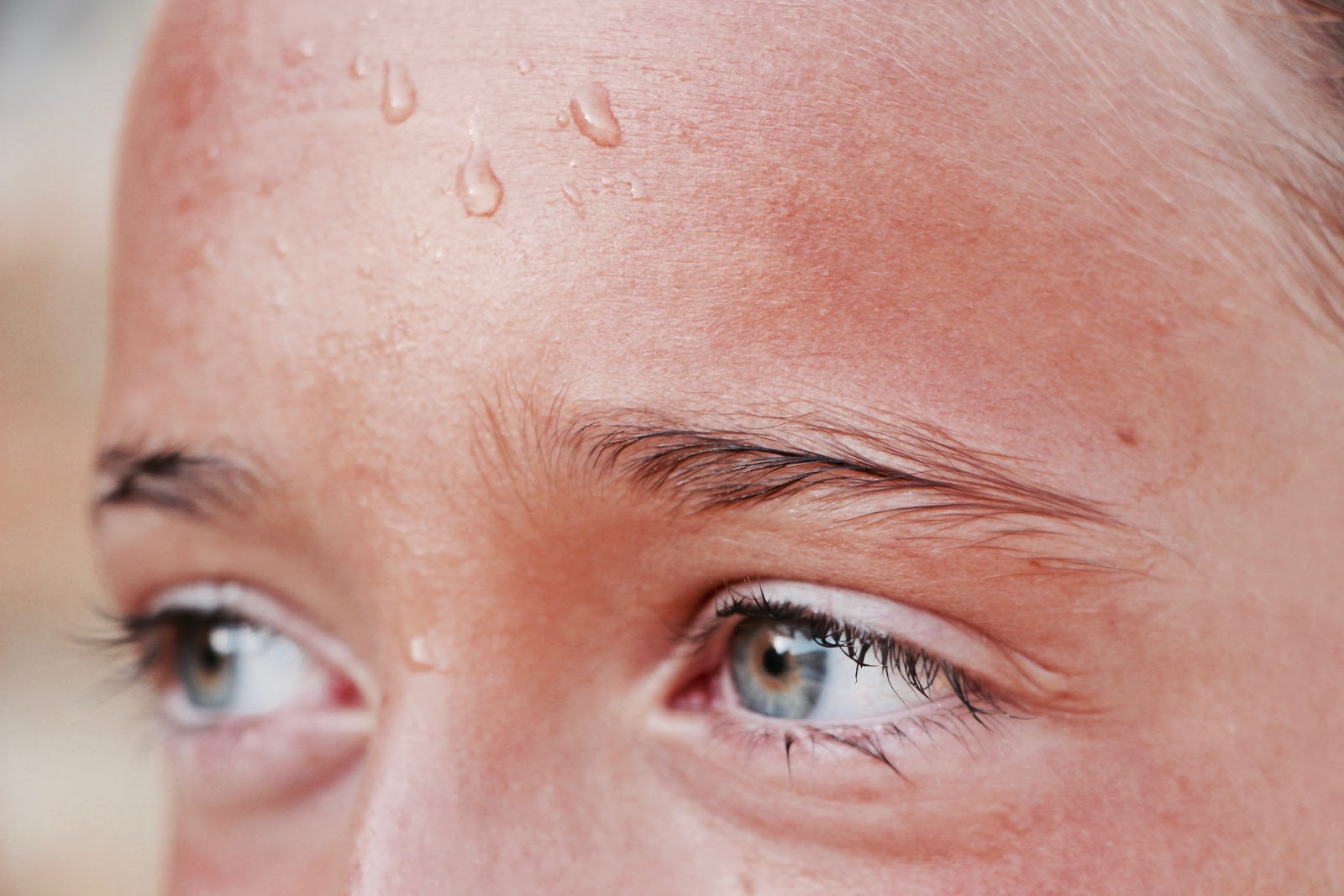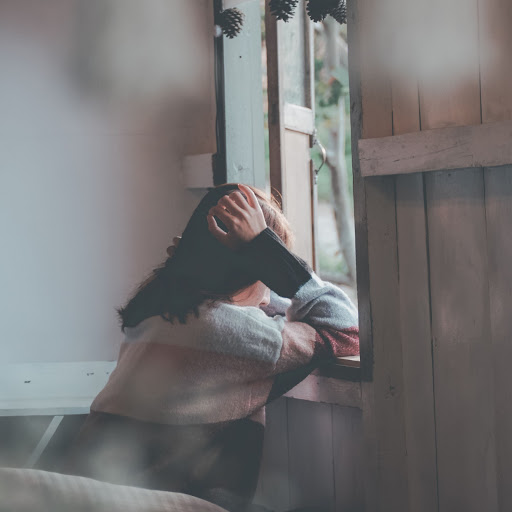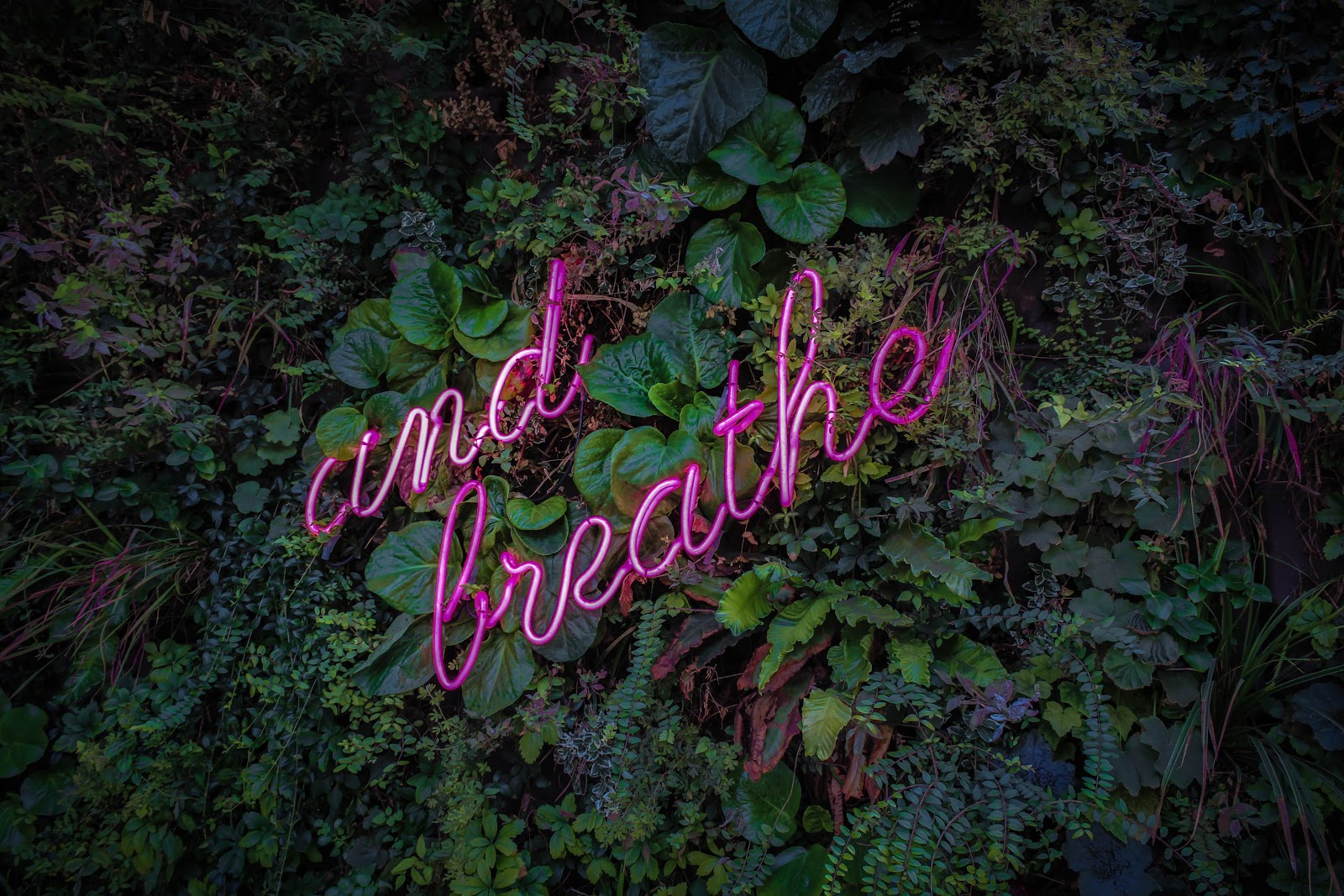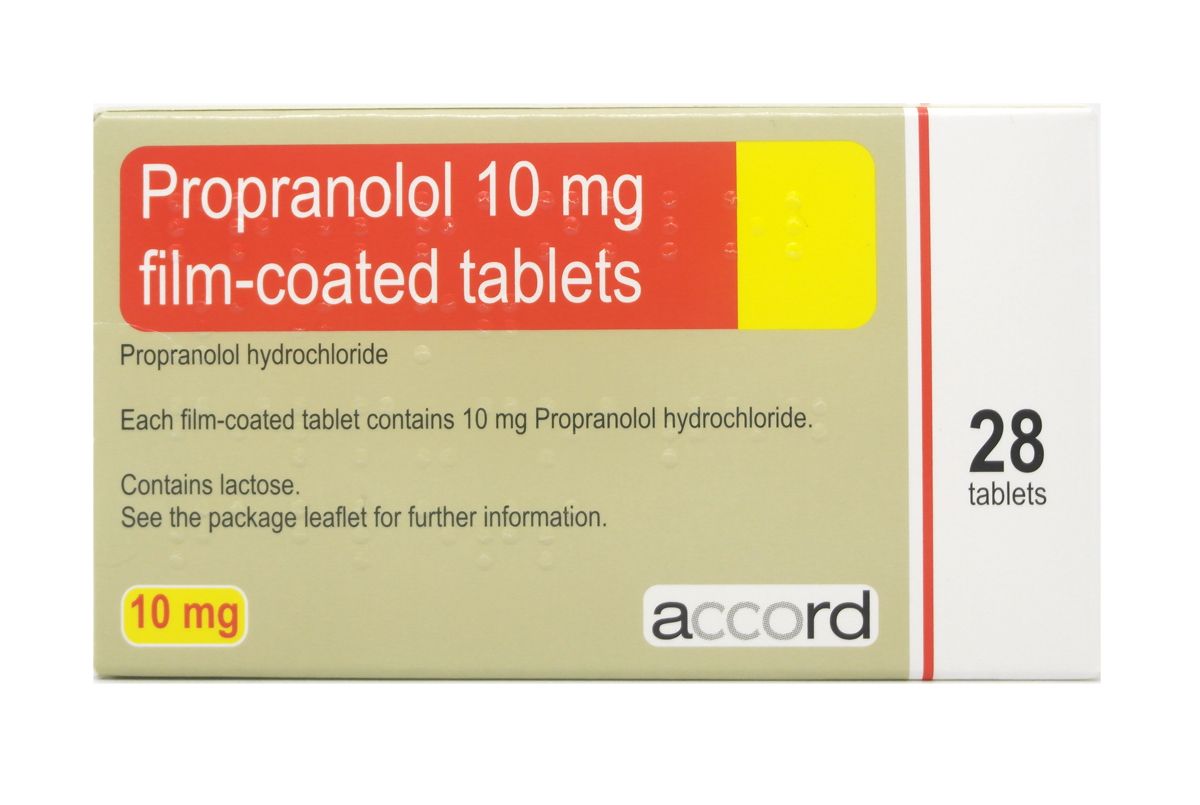Stress Awareness Month is the perfect time to talk about a mental health issue that seems to be sweeping the globe. Millions of people are battling every day with anxiety and anxiety-related disorders, which is a stress in itself. The stress of not being able to function normally such as being in a crowded area, or not being able to socialise in and outside of work causes an enormous amount of physical and emotional stress for those with an anxiety disorder, not to mention the health implications that this has for the individual.
It’s not that we’re having an epidemic of this mental health disorder (although factors such as social media have been blamed for the increase in numbers), it’s the fact that we’re so much more open about these issues than we were in previous generations. This issue has gained enormous attention in recent years with everyone from David Beckham to Taylor Swift speaking out about their experiences of anxiety. The stigma surrounding mental health disorders is slowly dispersing thanks to awareness days and high profile celebrities encouraging people to speak out and not feel ashamed.

But how many of us truly understand anxiety and what can be done to manage this condition once it has been diagnosed? Acknowledging this issue is the first step, then you can find ways to manage it, and here’s how.
What exactly is anxiety?
We hear this term a lot, but what is it and could you have it without even knowing? Anxiety comes in all shapes and sizes, well not literally, but there are many, many forms. The way one person experiences anxiety may be different from the next, but it is a normal feeling and it is very common. According to Anxiety UK, more than 1 in 10 people will have an anxiety disorder at some point in their life. Under the huge umbrella of anxiety there is:
- General anxiety disorder
- Social anxiety disorder
- Panic disorder
- Phobias
- PTSD
- OCD
- Health anxiety
- Body dysmorphic disorder
- Perinatal anxiety or perinatal OCD
There are a number of triggers for anxiety. Stressful situations can be a significant cause such as being in a busy, crowded area, social events, or public speaking which is also known as performance anxiety. You may not know your triggers yet, but there will no doubt be something which is causing you to respond in this way.
Anxiety is your body’s response to danger or what you consider to be dangerous, sometimes there may not be any danger at all but your body will overreact and quickly send adrenaline around your body. This causes many physical and emotional symptoms which can be distressing and hinder your ability to do normal activities.

If you’ve ever had butterflies in your stomach combined with sweating, dry mouth, a fast heartbeat, and breathing difficulties and nausea, you’ve more than likely experienced the physical symptoms of anxiety.
In a lot of cases, the psychological and emotional symptoms can be the most debilitating and hardest to deal with. Fear, worry, irritation, and dread are just some of the feelings experienced with anxiety.
Many people suffering from anxiety can often feel alone and detached from family, friends, and even society. Anxiety can prevent you from doing the things you want to do, and building important relationships with people, particularly if you have social anxiety. All of this can make the world seem a lonely place but there are ways to deal with this and improve your condition.

How do I know it’s an anxiety disorder or if I'm ‘overreacting’?
Firstly, you should never feel that these feelings are abnormal, or that you’re being ‘dramatic’ in any way, this is a recognised medical disorder and it is completely normal for your body to respond in this way to certain situations. A lot of people feel symptoms of anxiety from time to time, particularly during nervous times such as exams or big life events such as marriage (this is anxiousness), however, anxiety can be persistent and overwhelming for some people which is when it becomes a disorder.
It can be difficult to diagnose an anxiety disorder yourself. In the midst of an anxiety attack, you may not be able to think straight and comprehend what is happening or why you’re feeling like this. Your doctor, however, who is on the outside can diagnose your disorder based on the clues you give them. Getting the right diagnosis is the only way of getting the best treatment for your particular disorder. If you recognise some of the symptoms it’s important to speak about them and get help.
How to deal with anxiety

The great thing about identifying your symptoms and speaking about them is that you’ll find there are many ways of dealing with anxiety. You’re sure to find that those who you speak to have also experienced a type of anxiety at some point in their life, and will share how they have dealt with this disorder. From breathing exercises and support to medication there is something to help you manage your anxiety.
Support and counselling

Talking is one of the best medicines. Sharing your fears and worries with someone is a good way of rationalising your situation and seeing the irrationality of your anxiety. Many people find speaking to friends and family-helpful, while others prefer the confidentiality of speaking to a stranger about their problems who has no emotional involvement. You can do this with a mental health professional or in group support sessions to share ways of managing anxiety. There are also helplines available such as Mind on 0300 123 3393, and Anxiety UK on 08444 775 774.
Therapy

There are a number of therapies available which are carried out with a psychologist and aim to work through your thoughts and feelings and find ways of changing your negative thought process. Cognitive Behavioural Therapy (CBT) involves talking through your current problems and gives you ways of changing irrational, negative thoughts into rational and positive thoughts.
Meditation and breathing exercises

Learning to breathe properly is more beneficial for anxiety than you may think. It’s important to take some time out from our busy and stressful lives and practice relaxation. Taking deep breaths in through your nose and out through your mouth is great for your physical health and makes you feel a lot calmer during stressful times.
Meditation helps to regulate emotions and keeps us in touch with the physical sensations of our bodies. You can combine meditation with yoga, another relaxation technique which is great for de-stressing and looking after your physical health as well as mental health.
Look after your physical health

Looking after your physical health has a hugely positive effect on your mental health. Exercise has been scientifically proven to improve mental health and reduce stress, it not only gives you a focus, but it also helps you sleep better by producing endorphins. Sleep is essential for your mental health so ensure you’re getting enough and are dealing with sleep deprivation if this is an issue you’re facing.
Medication
In some cases, the above treatments may not be enough to treat anxiety. If you have severe anxiety that’s seriously affecting your life you may find medication to be helpful. Many people are afraid of taking medicine for mental health disorders but sometimes this is necessary to be able to cope with the symptoms.
Anxiety may be treated with antidepressants or with medicines which reduce the physical symptoms of anxiety such as fast heart rate. Propranolol is a type of beta-blocker and works by slowing down a fast heart rate and lowers high blood pressure associated with anxiety. Propranolol is available by prescription which you can get from the doctors at Doctor-4-U. Our online doctors will ensure that you’re suitable for this medicine before prescribing it.

Face your anxiety this Stress Awareness Month
Use this awareness month as a prompt to acknowledge your mental health. We can become so focused on exercising our bodies and looking after our appearance that we forget about what’s going on up there. Exercising our minds is just as important as exercising our bodies. Take time this month to focus on your mental health, be aware of how you’re feeling, and if you think you’re showing signs of anxiety speak to your doctor, after all, if there was a problem with any other part of your body your doctor would be the first port of call and your mind should be no different.










